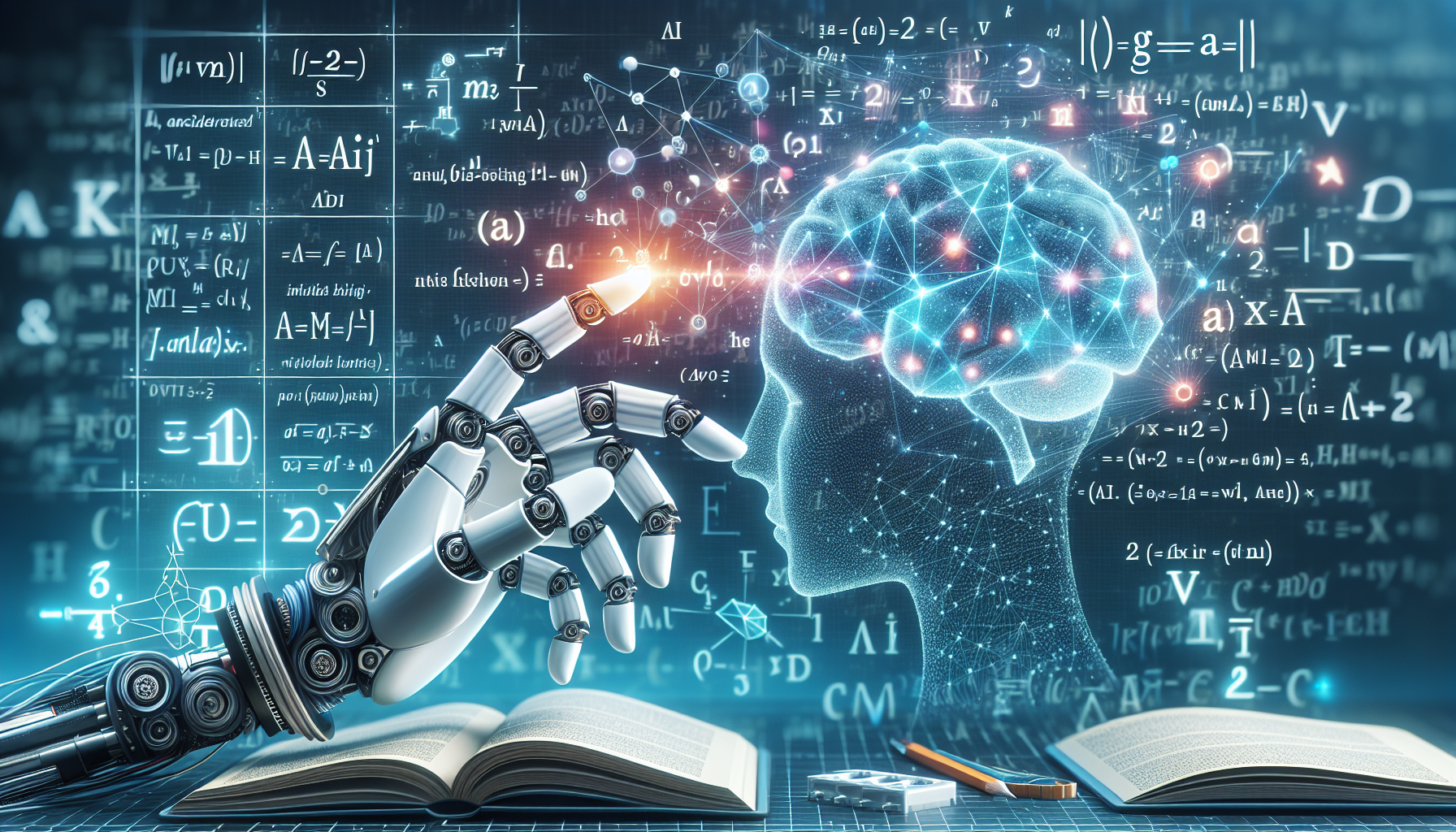CMU Launches NSF-Backed AI Institute for Accelerated Math Discovery
Carnegie Mellon University (CMU) has taken a significant leap in revolutionizing mathematical discovery by launching the Institute for Computer-Aided Reasoning in Mathematics (ICARM), a national research institute backed by the National Science Foundation (NSF) and the Simons Foundation. This pioneering initiative aims to accelerate mathematical discovery through the harmonious integration of artificial intelligence, formal methods, and machine learning.
Accelerating Mathematical Reasoning with AI
ICARM's mission is to modernize mathematical reasoning by empowering mathematicians with AI-driven proof systems and automated reasoning tools. This ambitious goal is driven by the need to bridge the gap between symbolic reasoning and neural networks, enabling mathematicians to tackle complex problems with unprecedented efficiency and accuracy.
Key Objectives of ICARM
The institute aims to achieve the following objectives:
- Accelerate and enhance mathematical reasoning using AI and automated proof systems.
- Develop AI models capable of conjecturing, proving, and visualizing complex theorems.
- Support interdisciplinary collaboration across science, engineering, and mathematics, with applications in fields such as cybersecurity, finance, space, and health care.
- Offer educational programs like summer schools, workshops, and conferences to broaden the impact and accessibility of AI-enabled mathematics.
- Advance mathematics education by exploring how AI tools can enhance learning at both school and university levels.
Interdisciplinary Collaboration and Education
ICARM is designed to foster collaboration among researchers from diverse backgrounds, including science, engineering, and mathematics. By doing so, the institute aims to develop innovative solutions with practical applications in various fields. Additionally, ICARM will offer educational programs to educate the next generation of mathematicians and researchers on the effective use of AI-enabled tools in mathematical discovery.
The Future of Mathematical Discovery
The launch of ICARM marks a significant milestone in the integration of AI into mathematical research. By leveraging the power of AI, machine learning, and formal methods, the institute is poised to transform how mathematical knowledge is developed, verified, and applied. This transformation will have far-reaching implications for various fields, including drug discovery, finance, and cybersecurity, where accurate mathematical modeling is crucial.
As we move forward in this era of AI-driven scientific discovery, initiatives like ICARM will play a vital role in shaping the future of mathematical research. By pushing the boundaries of what is possible, we can unlock new insights, drive innovation, and tackle complex problems that were previously unsolvable.
For more information on AI-driven research initiatives, check out our article on Stanford’s Virtual AI Lab Revolutionizes Autonomous Drug Discovery Aug 2025.
Read Next
- How AI DAO Engagement Analysis Strengthens Web3 Communities
- Big Tech AI Partners with Nuclear for Green Energy
- Multimodal AI Advances: The Future of Workplace Automation
- Stanford’s Virtual AI Lab Revolutionizes Autonomous Drug Discovery Aug 2025
- AI Investment Soars: 2025 Market to Hit $644 Billion[2]

